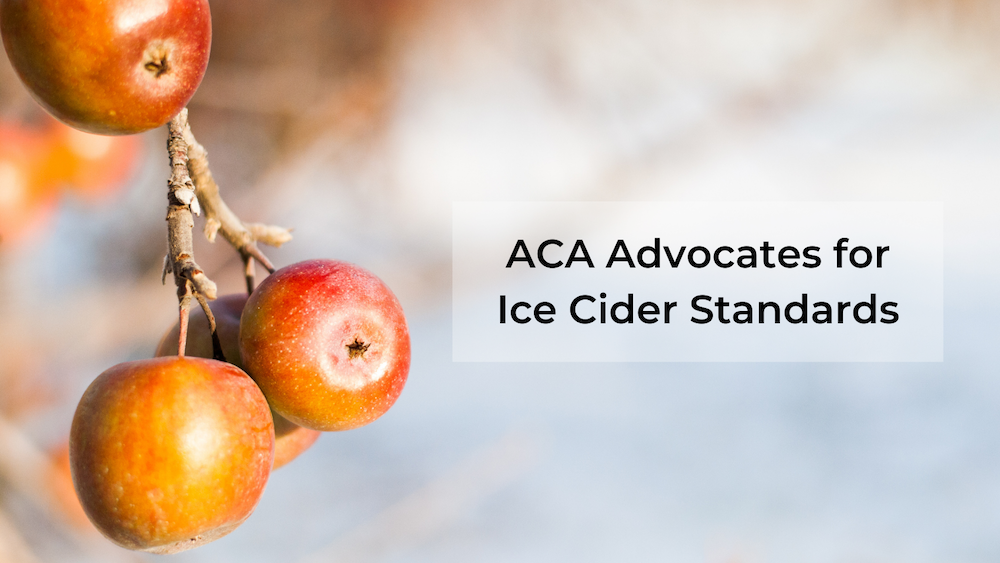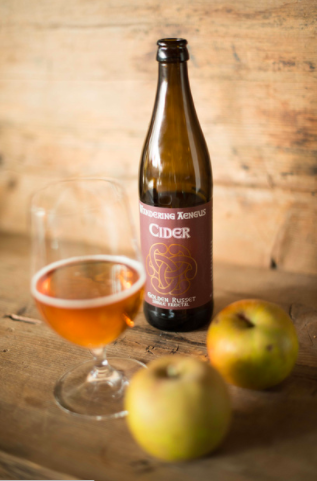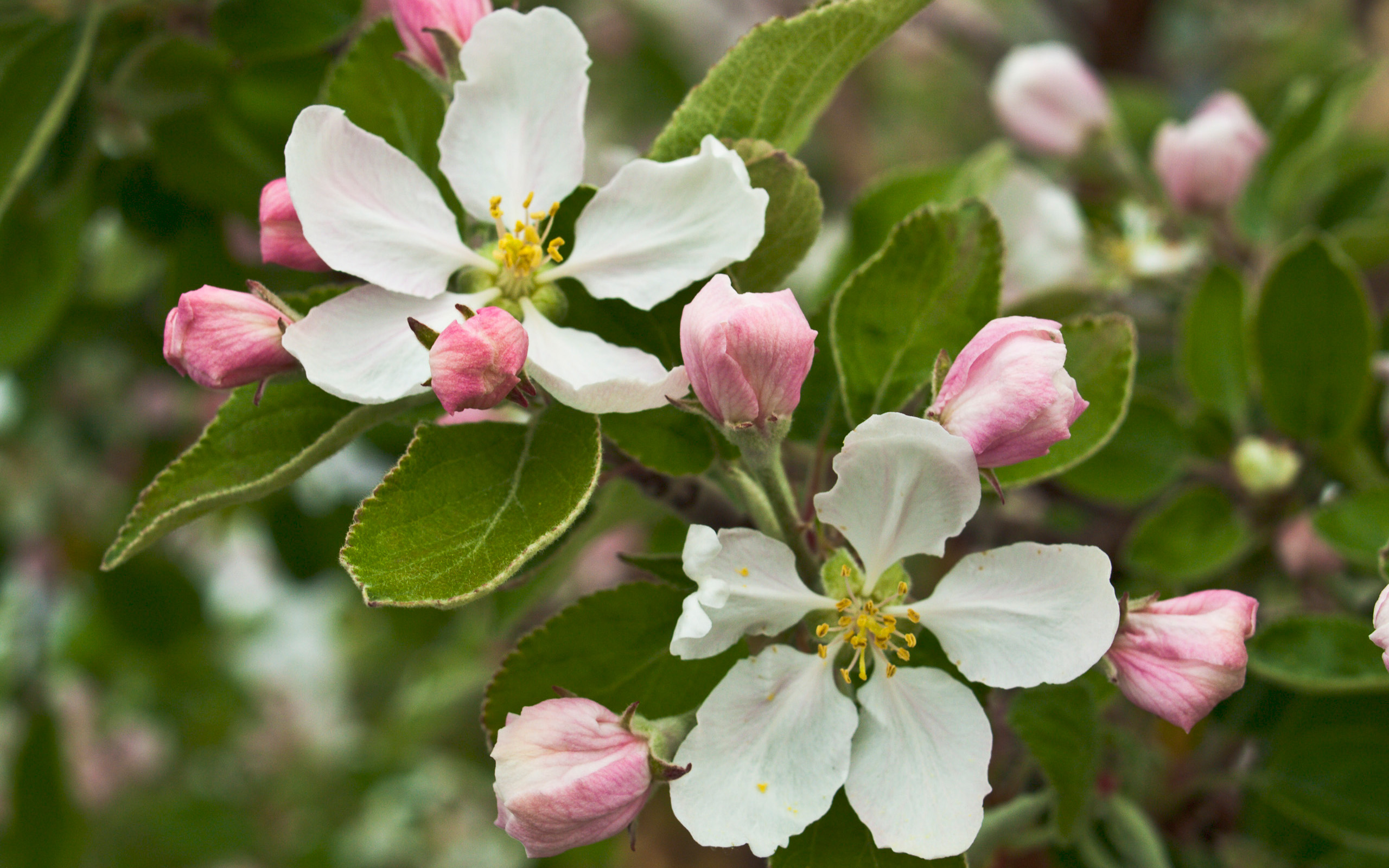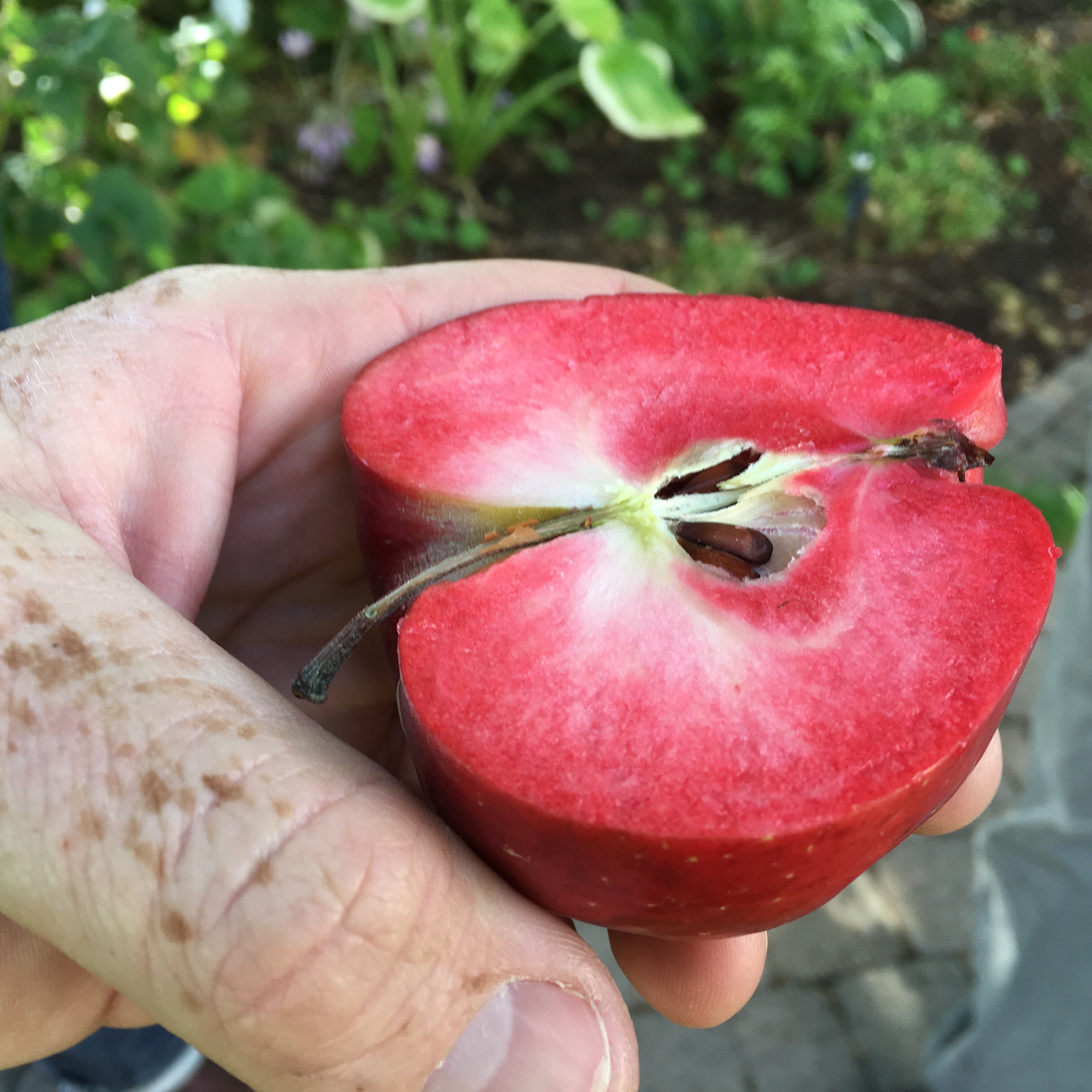Cider Styles
ACA Advocates for Ice Cider Standards

The board of the American Cider Association recently send a letter to the L’Association des Industries des Cidres et Vins de fruits de l’UE (AICV), or the European Cider and Fruit Wine Association urging them to recognize the precedent for the definition of Ice Cider (Cidre de Glace) set by the government of Quebec, Canada.
The AICV is currently in the process of developing marketing standards for Ice Cider/Apple Ice Wine in Europe and the ACA board felt it was timely to urge that the organization adopt the definition set by the government of Quebec, where the style of cider originated in the 1990s as the standard definition.
The definition is as follows: “Ice Cider” – cider obtained by the fermentation of juice of apples that has a pre-fermentation sugar content of not less than 30° Brix achieved solely by natural cold, producing a finished product with a residual sugar content of not less than 130 g per litre and an actual alcoholic strength of more than 7% by volume but not more than 13% by volume.”
This definition has been accepted by the ACA and by GLINTCAP and the required use of natural cold weather for cryo-extraction or cryo-concentration is enforced by our U.S. Federal Alcohol & Tobacco Tax & Trade Bureau (TTB) with respect to labeling.
You can read the full letter from the ACA board here.
Dry Cider Directory
We’re collecting the 0g sugar ciders of all our members and loading them into the air table below! Explore the directory filters and sorting options and learn what you can seek out in your area. Join us in the conversation about no-sugar ciders on Instagram with #pickdrycider. Please confirm nutritional information with the cideries themselves.
American Cider Association Solicits Feedback On Cider Styles
It is the American Cider Association’s mission to move our industry forward and grow a cider community that is successful and inclusive, entrepreneurial and diverse. That’s why the USCAM’s style guidelines are a living document – a work in progress, open to new information and new perspectives. We encourage anyone to provide feedback through our annual style survey [Click here to access], which will be open through July 31st. Additionally, our board has begun to reach out individually to members of our diverse cider community. In particular, we have been hearing anecdotally from Heritage cider producers at CiderCon® and elsewhere about various concerns with that label. These concerns were augmented by discussions raised by a recent article.
In the coming weeks we will be soliciting feedback from all producers who primarily make that style of cider, and will use that feedback to plot a responsive course of engagement and action. It won’t be fast or easy, but we are dedicated to progress for the entire cider community. The American Cider Association is committed to inclusivity, and hope you will join us as we grow.
NOW OPEN: 2019 Feedback Form for American Cider Association Cider Styles
We call our American Cider Association Cider Style Guide a living document. We’ve updated it twice since its first release in the fall of 2017, both times based on the feedback of the cider industry. It’s our goal to be transparent and responsive to our members, so we built an annual feedback mechanism directly into our cider lexicon program, including the style guide. The cider industry is evolving, so we should be too. We are pleased to announce that we are opening the 2019 feedback window until July 31, 2019.
The current version of the guide includes the following styles:
- Heritage Cider
- Modern Cider
- Modern Perry
- Heritage Perry
- Fruit Cider
- Spiced Cider
- Botanical Cider
- Heritage Rosé Cider
- Modern Rosé Cider
- Hopped Cider
- Wood-aged Cider
- Sour Cider
- Ice Cider
- New England Style Cider
- Specialty Cider and Perry
We welcome input from all walks of cider makers and industry professionals. We seek feedback on existing styles as well as suggestions for new ones.
Please provide as much evidence as possible in your submissions to help us in our review process.
We encourage your participation. Thank you for joining us in this industry-wide dialogue.
Thank you to Northwest Cider Association for the featured image.




